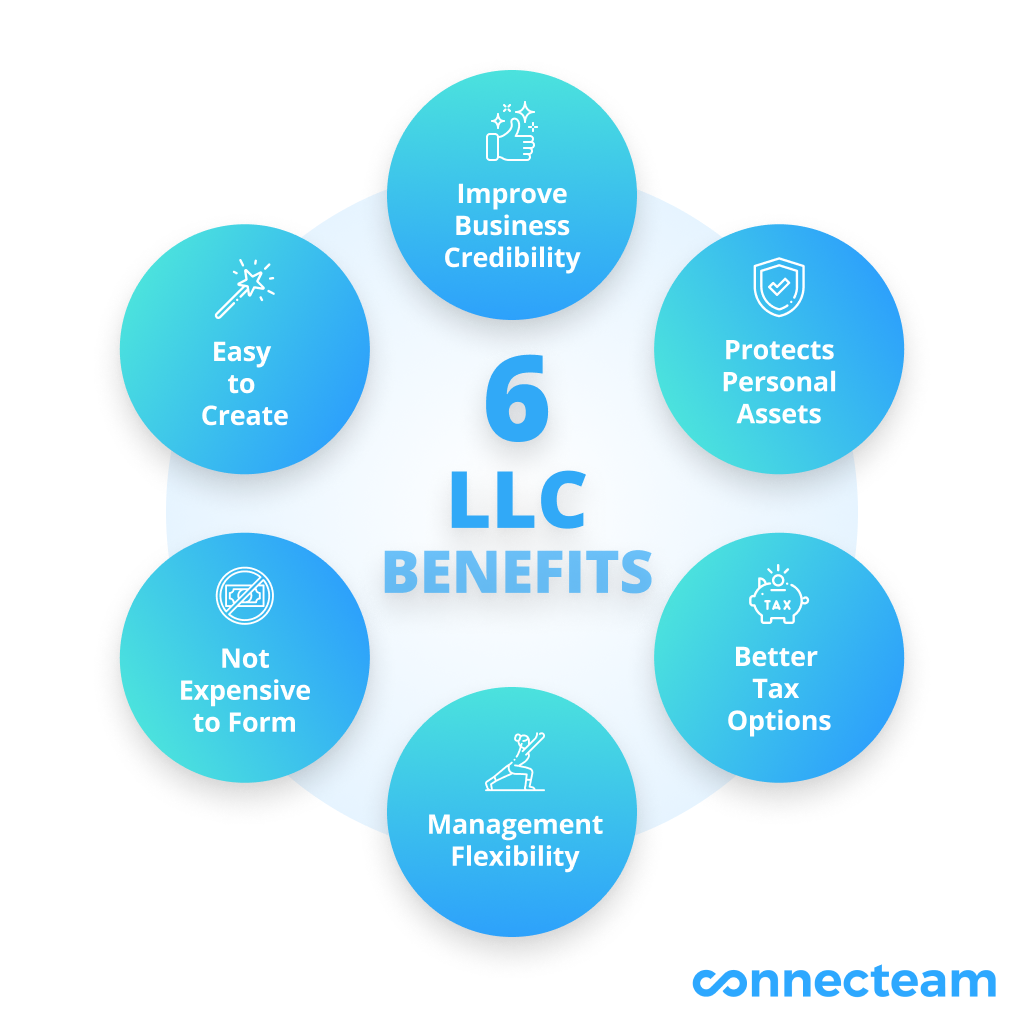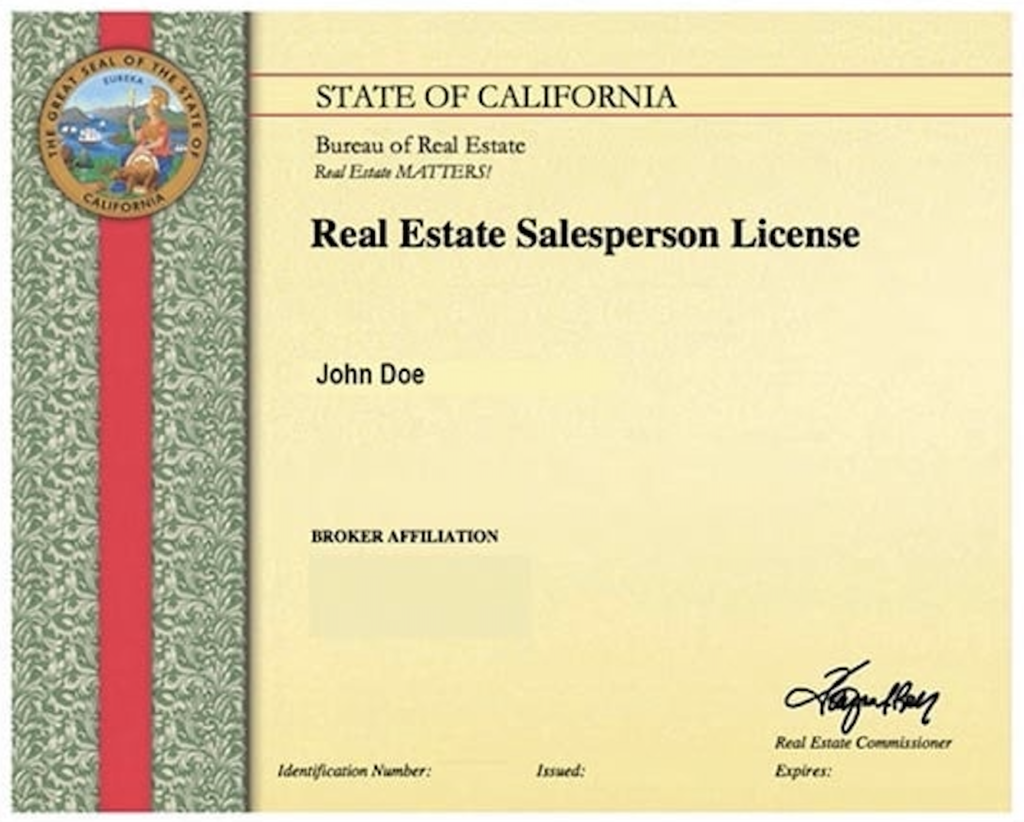Ever thought of opening you own real estate business? These 6 easy-to-follow steps will guide you on your path to becoming a new real estate business owner! So sit back, relax, and learn how to start a great new career!
As a child, I never would have imagined how fun and exciting visiting open house listings would be. Walking around room to room and picturing how to decorate and how to set up your new space is all a part of the fun! After buying my own home and speaking with some real estate agents, my interest in this industry peaked!
I wanted to know if starting a real estate business was actually a great idea! (Especially after the impact COVID has had on various industries worldwide).
According to Allied Market Research, the real estate market is growing at a stable place and “the global real estate market size was valued at $6,872.8 billion in 2018, and is projected to reach $8,662.2 billion by 2026, growing at a CAGR of 2.8% from 2019 to 2026”. With these forecasted numbers, it definitely sounds like a business venture worth investing in.
Starting any type of new business can be scary and overwhelming. Getting all the required licensing, creating a solid business plan for investors, and opening an LLC are just a few of the steps you’ll have to follow in order to open your real estate business. Additionally, you want to be able to run your real estate business as smoothly as possible, which means you’ll have to hire dependable staff to assist you.
But fear not! These are all challenges every new business owner has to overcome and if you follow these 6 easy steps outlined here, you’ll be able to get your real estate business up and running in no time.
Draft a Strategic Business Plan
This is probably one of the most important steps in starting your new real estate business. Without a business plan you won’t be able to apply for loans through your bank or even ask for investments.
A strategic and well thought out business plan provides yourself, your bank, investors, potential partners, and even future employees a clear picture of how you plan to maintain and grow your real estate business.

So what should you include in your business plan? Some points you must include in your business plan are:
- Your real estate business overview; what is your real estate business’ vision and mission.
- Market analysis of the real estate industry; who is your target audience. Do you have competitors, and what are their advantages and disadvantages?
- A real estate marketing plan showing how you plan to grow your leads and sales.
- Personnel and employees; how many employees will you need to hire to properly run your real estate business.
- What are your real estate business’ main objectives? How do you plan to meet these goals and measure the goals you’ve achieved?
These are just a few of the main points you should consider covering in your business plan. Forbes notes, “for every claim you make, support it with an explanation of how that’s going to happen. If you can’t back up your claims in a written document, no investor is going to take you seriously. They need to see that you’ve done your research and know what’s ahead”.
The more thought out and strategic your business plan, the easier it will be to acquire loans and investments further down the road. Show them exactly the steps you intend to take to make your dreams a reality.
Get Your Real Estate Business License
Now it’s time to get your real estate business license, how exciting! To find specific state requirements you can easily do a Google search online, but here are the basic requirements for the state of California specifically.
- You must be at least 18 years old.
- You must complete 135 hours of “BRE-approved college-level real estate courses” before taking the real estate license exam.
- Once you’ve finished the course, you can apply to take the license exam through the California Department of Real Estate website.
- Pay all the necessary licensing fees.
- If it’s your first time applying, then they also require you to submit fingerprints.
- Once the application is submitted, you have 2 years to pass the licensing exam.
- You must pass the salesperson licensing exam with a 70% or higher.
While this may seem like a lot, it’s all very doable with the right amount of motivation and studying. In order to successfully pass the exam, we recommend signing up for a course to help ensure a passing score. There are several you can find online, but be sure to choose a course that is specific to your state’s requirements.
Discover How Thousands of Real Estate Businesses Use Connecteam to Scale Their Business!
Connecteam: The Best All-in-One Employee Management Software
Find a Broker
There is a huge difference between a real estate agent and a broker. Understanding that difference and your need for a professional and experienced broker is really critical to your new real estate business success.
“Real estate agents have a professional license to help people buy, sell, and rent real estate. They must work for a sponsoring broker or brokerage firm… Brokers are real estate agents who have completed additional training and licensing requirements. They can work independently and hire other real estate agents to work for them.”
Investopedia
With that in mind, be aware that as a real estate agent you will not be able to hire other real estate agents, instead you will have to work with an independent broker or brokerage firm. So how do you find the best brokerage for your new real estate business?
Here are some questions to consider before signing up with a broker or brokerage firm…
- How will you split commissions?
- Is this a person or company I would like to work with?
- Does this person or company work with a specific niche that I’m interested in?
- Can they offer me mentoring, training, or marketing tools to ensure my success?
These questions can help you better determine if the person or company has the same interests and motivations as you. This will make a big difference in your bottom line further down the road because a real estate agent and a broker must work closely together in order to achieve success. Now it’s time to set up your LLC.
Form an LLC
It’s really important as a real estate agent to set up and form your Limited Liability Corporation (LLC). Because real estate agents usually work as independent contractors or are self employed, it’s imperative that you protect yourself and your personal assets from lawsuits or other issues that may arise.
SBC notes, “as an independent contractor operating without a corporate structure separate from you, you could be considered to be liable personally for any damages. This could result in losing your home and personal savings if you’re not protected by an LLC”.

There are other several advantages to an LLC as a real estate agent…
- You will be able to receive tax deductions as a result of being self-employed.
- You keep your personal assets and finances and those of your new real estate business completely separate.
- You improve your business credibility.
Make sure when opening your new real estate business that you do your research and determine what business structure is best suited for you, although the majority of real estate agents do choose to go with an LLC.
In addition, there are different state fees and requirements associated with acquiring an LLC for a real estate business. You can find all this information on your state’s department of real estate website. Now that you have an LLC, you can create a real estate business name and even open a business bank account.
Build a Website
Now that you’ve passed your exam, received your license, found a broker, and formed an LLC, it’s time to market and grow your business.
With a website you can grow your online presence and promote your business. Design expert Brian Huang mentions, “with a website, real estate agents can team up with digital agencies to build marketing strategies and generate quality leads”.
There are 6 main components every real estate agent website should include no matter what…
- Neighborhood information on the areas you provide listings.
- Listings.
- A landing page with your contact information and a place for them to add their details to get more information on your services.
- An “About You” section for your leads to get to know you personally and professionally.
- Featured listings page, so you can showcase your hottest and most appealing listings.
- By including customer testimonials on your website you also increase your business’ credibility, making new leads feel more comfortable to do business with you.
If you don’t have the skills or experience to build your own real estate business website you can either hire a professional or try to use a website building platform such as Wix to help you design your website.
Use Technology To Run Your New Business
Wow, you’ve made it this far through the steps! Now you need to take advantage of all the different types of technology to help streamline your daily operations and connect with clients to increase your sales.
For example, you may want to download Zoom to set up meetings with clients remotely. In addition, there are scheduler apps so clients can digitally schedule appointments to see your real estate listings directly through an app or software.
Further down the road, if you plan to expand your business and become a real estate broker with agents working for you; you may want to consider investing in an all-in-one employee management software, like Connecteam. With Connecteam you can transform all manual pen and paper processes and go completely digital! They are an ideal fit for real estate brokers who have agents that are constantly on-the-go and rarely behind a desk.
With in all-in-one employee management software brokers can manage their real estate agents and other employees in the following ways:
- A GPS powered time clock with Geo-fencing capabilities makes accurately tracking employee hours a breeze for accurate payroll (especially when exporting timesheets using Connecteam’s integration with QuickBooks Online and Gusto).
- Schedule employees with a click of a button with drag & drop capabilities, recurring shifts, and customizable templates.
- Digital forms and reports make it super easy for your real estate agents in the field to submit all necessary paperwork, forms, or reports directly through the app.
- Daily tasks and checklists ensure your employees know exactly what to do when arriving at a listing or to the office.
- Communicate with your real estate agents while they’re on the go through an in-app chat stored securely on their mobile devices.
- Train and onboard new real estate agents and office staff with fully customizable training courses and quizzes. Include images, videos, and even links to external reading.
You may not need this sort of tool when just starting a new real estate business, but if you intend to hire office staff or expand your business further down the road then it’s definitely worth investing in an employee management software to help reduce the day-today friction.
Now That You Know How To Start Your Real Estate Business…
We’ve provided you with the beginning steps on how to start a real estate business. Although it may seem daunting at first, we have faith in you!
Before you open or start a real estate business, you must draft a business plan. And this is true for any new business. A well thought out business plan can help you get a loan from the bank or even gain investors for your new business. It also provides you with a clear goal and ways in which you plan to achieve those goals.
In addition, before you even apply and take the Salesperson exam for real estate agents… STUDY!!! Don’t go into the exam without knowing what will be covered or what will be asked. If you really want to be prepared, take a course!
Once you’ve passed the exam, find a broker or brokerage firm that you would like to work with. Go over the aforementioned questions to help determine who would be a good fit for your new real estate business.
Form an LLC to protect and separate your personal finances from your business finances. Create a name for your business and open a business account if you’d like. In addition, to gain brand awareness and promote your business you must create a website. Websites can be used to grow quality leads and increase your business’ credibility.
Lastly, invest in technology to help streamline your daily operations and connect with customers. If you plan to expand your business and hire your own real estate agents, you should look into all-in-one employee management software. With Connecteam you can go paperless and easily manage all your on the go real estate agents and office employees directly from their mobile devices.
Manage All Your On-the-Go Real Estate Agents With the Best All-in-One Employee Management Software: Connecteam
14-day free trial, no credit card required.


